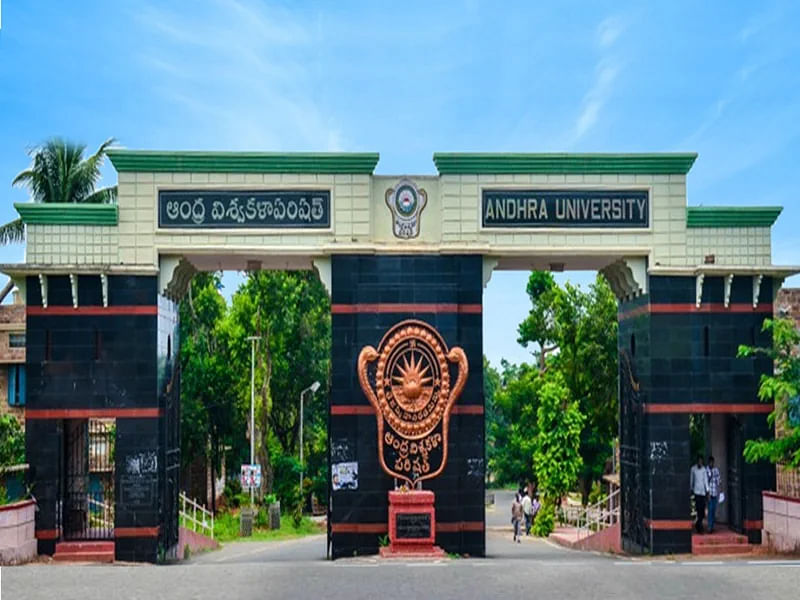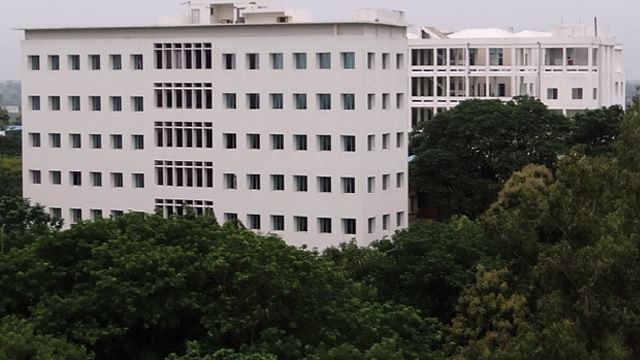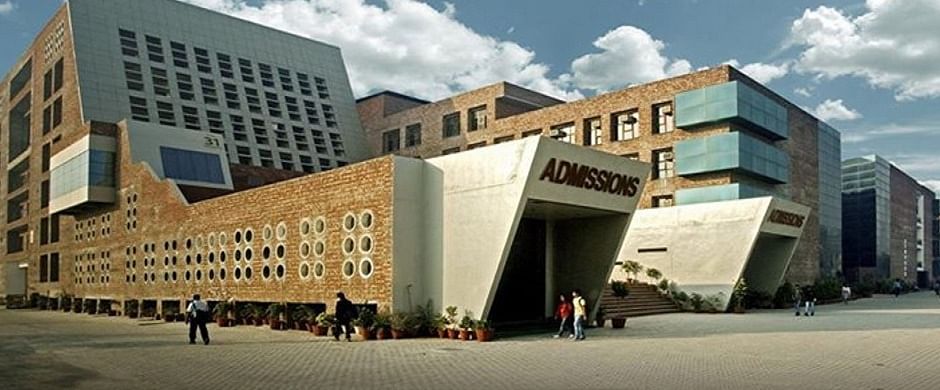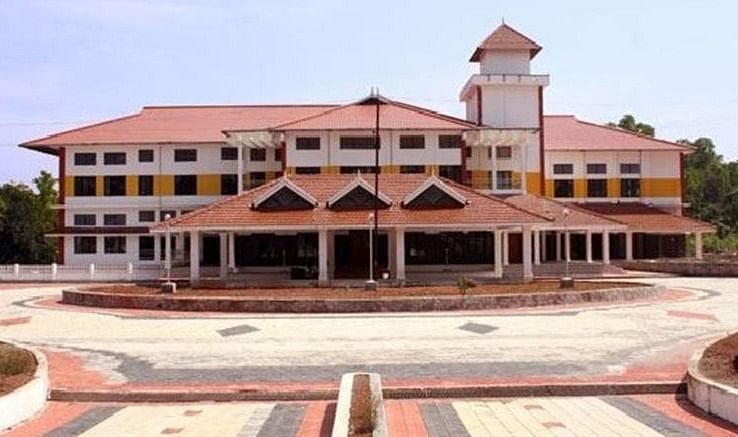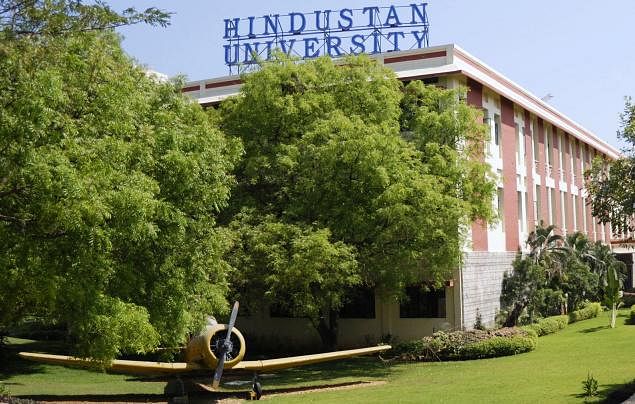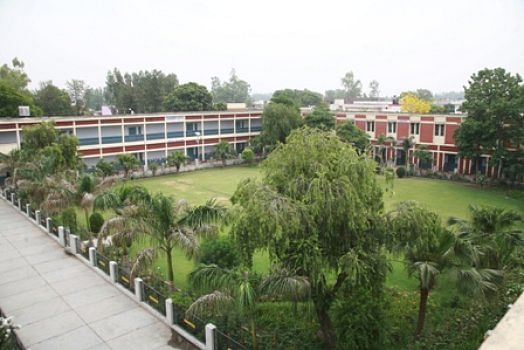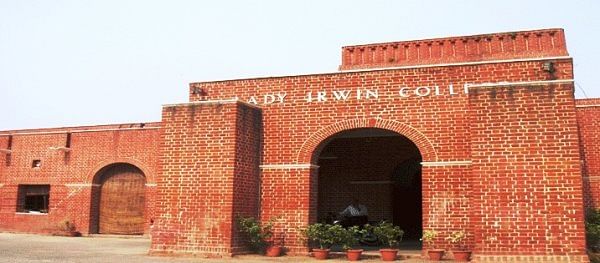B.Sc Food Technology Syllabus and Subjects

B.Sc Food Technology syllabus is designed to teach the aspirants the production, processing, and maintenance of food. The subjects help the aspirants understand the technical side of the food industry and how various methods are adopted for preservation. The syllabus of B.Sc Food Technology also covers the various machines that are used in the food industry.
Semester Wise B.Sc Food Technology Syllabus
B.Sc Food Technology has six semesters, with each semester lasting for six months. The subject names might vary depending on the college, but the core concepts do not change. Here are B.Sc Food Technology Subjects:
| SEMESTER I | SEMESTER II |
|---|---|
|
Fundamentals of Food Technology |
Technology of Food Preservation |
|
Principles of Food Science |
Food Processing Technology |
|
Fundamentals of Food Technology Practical |
Technology of Food Preservation Practical |
|
Principles of Food Science Practical |
Food Processing Technology Practical |
|
Environmental Science |
Technical Writing |
| SEMESTER III | SEMESTER IV |
|---|---|
|
Food And Nutrition |
Technology of Cereals, Pulses, and Oilseeds |
|
Technology of Fruits, Vegetables and Plantation Crops |
Food Microbiology |
|
Technology of Dairy and Seafood |
Technology of Meat, Poultry, and Eggs |
|
Packaging of Food |
Biomolecules |
| SEMESTER V | SEMESTER VI |
|---|---|
|
Food Engineering |
Food Quality and Sensory Evaluation |
|
Food Chemistry-I |
Food Chemistry-II |
|
Introduction to Quality Attributes |
Natural Food Pigments |
|
Trends in Food Microbiology |
Introduction to Food Safety |
B.Sc Food Technology Subjects
The syllabus for B.Sc Food Technology teaches the students topics like food quality evaluation, preservation, and packaging of foods. The subjects are divided into two categories, namely core and elective. Here's a list of both of them:
Core Subjects:
- Fundamentals of Food Technology
- Food Engineering
- Principles of Food Science
- Food Microbiology
- Food and Nutrition
Elective Subjects:
- Environmental Science
- Technical Writing
Also, Check: Steps to Become a Health Inspector
B.Sc Food Technology Course Structure
B.Sc in Food Technology is a three-year undergraduate course having six semesters. The aspirants are taught the core subjects like fundamentals and principles of food science in great detail. There are also plenty of laboratory sessions and simulations to explain how huge plants and machines work in the industry. The course includes the following things:
- Core and Elective subjects
- Six semesters
- Simulations
- Lab Sessions
- Live Demonstrations
B.Sc Food Technology Teaching Methodology and Technique
B.Sc Food Technology course teaches the aspirants the basics of the industry through various creative means. Students are given demonstrations in the laboratory and a lot of e-learning which includes simulations and animations of several mixing and blending machines. Here is a list of all the popular teaching methodology:
- Practical Sessions
- Group Discussions
- Food Technology Laboratory
- Food Science Laboratory
- Factory Visit
B.Sc Food Technology Projects
Food Technology students can work on several project topics like extraction of food, filtration, and prototypes of food. These projects help the students understand how much they've understood a particular concept or theory taught in the course. Here are some project ideas for food technology:
- Design and development of cleaning equipment for milled millet
- Development of Tomato-based drink
- Non-destructive determination of sweetness of melons
- Concept development & testing of fortified baked products, including product development & test marketing.
B.Sc Food Technology Reference Books
Reference books are extremely useful whenever the aspirant wants to expand his knowledge beyond the curriculum. Here is a list of the most popular B.Sc Food Technology books:
| Books | Author |
|---|---|
|
The Food Chemistry Laboratory |
Connie M. Weaver and James R Daniel |
|
Food Chemistry, 3rd Edition |
Owen R. Fenna |
|
Food Science |
B.Srilakshmi |
|
BasicsFood Preparation: A Complete Manual, |
Seth V, Singh K |


